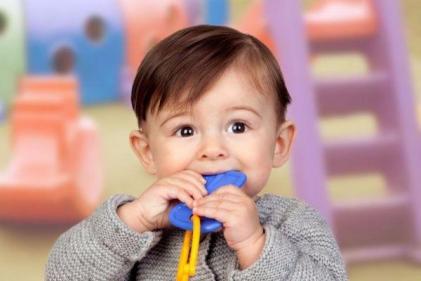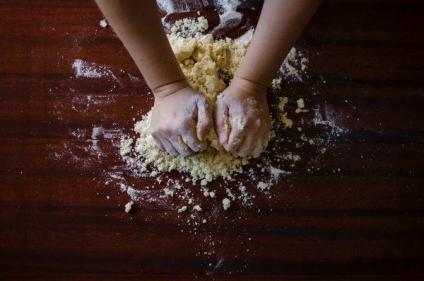If you’ve noticed your preschooler stuttering, or otherwise struggling to string together the right words in a coherent sentence, then you’re probably worried. However, at this age – two and a half years to five years old – it’s perfectly normal for children to think faster than they can find the right words. This may lead them to repeat words, as they fumble to find the words they want to use, and while it sounds like stuttering, that’s not always the case.
True stuttering differs from this type of stumbling over words. You can usually tell the difference when your child stretches out a part of a word, or repeats a sound in a specific word over and over again – not the word itself. This is usually accompanied by other signs of tension, like straining in the jaw, and typically occurs when your child is under stress, scared or upset. True stuttering in preschoolers is rare, and the good news is that most children who stutter at this age will outgrow it on their own, without intervention, by the time they are five or six years old.
If you notice that the problem is worsening over a period of months, however, or you are worried, it’s perfectly okay to take your preschooler to a language therapist for an assessment, and treatment if necessary.
If your child is simply going through the normal stage of repeating words accidentally, also known as dysfluency, or is genuinely stuttering, there are ways you can help. You can be patient, talk slowly and clearly, and remain calm. Hopefully, your child will emulate these traits, and focus more on talking slowly and clearly.
True stuttering differs from this type of stumbling over words. You can usually tell the difference when your child stretches out a part of a word, or repeats a sound in a specific word over and over again – not the word itself. This is usually accompanied by other signs of tension, like straining in the jaw, and typically occurs when your child is under stress, scared or upset. True stuttering in preschoolers is rare, and the good news is that most children who stutter at this age will outgrow it on their own, without intervention, by the time they are five or six years old.
If you notice that the problem is worsening over a period of months, however, or you are worried, it’s perfectly okay to take your preschooler to a language therapist for an assessment, and treatment if necessary.
If your child is simply going through the normal stage of repeating words accidentally, also known as dysfluency, or is genuinely stuttering, there are ways you can help. You can be patient, talk slowly and clearly, and remain calm. Hopefully, your child will emulate these traits, and focus more on talking slowly and clearly.












